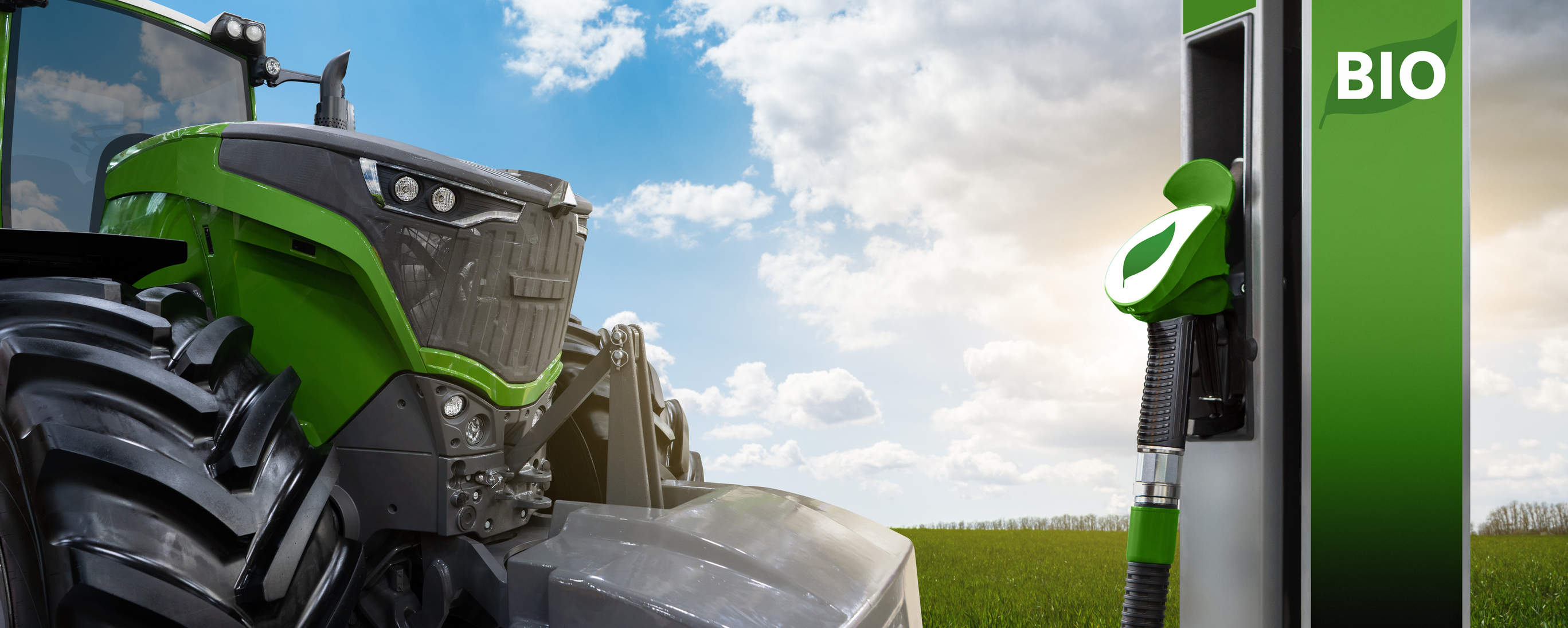In November the United Nations held the Glasgow Climate Change Conference to set goals on how to reduce emissions created by human activity. Afterwards many governments and auto makers announced greater focus towards electric power in the upcoming years. These efforts could reduce our carbon footprint if energy comes from a renewable and lower carbon emitting energy source. One piece of the emission puzzle not discussed frequently is how to handle heavy duty use construction, agricultural, and long haul transportation, i.e. trucks, boats, airplanes. It is unlikely battery power is the answer but a newer product called renewable diesel might be a solution without the need to upgrade energy infrastructure.
You can think of renewable diesel as the next generation of biofuels that can be produced from various materials such as cellulosic materials and lipids. Cellulosic materials would include crop residue, woody biomass, lawn waste to dedicated energy crops. Lipids would include vegetable oils, animal fats, greases and algae.
What makes renewable diesel different than bio diesel? Renewable diesel with its combination of renewable biomass and a process called hydrotreating, which removes compounds that contain nitrogen and oxygen, results in a fuel that is chemically and physically identical to petroleum diesel. On the other hand, bio diesel uses only lipids as stock and is created through a method called transesterification. This process basically purifies oils and fats and are not chemically or physically identical to petroleum diesel.
Renewable diesel conveys many benefits over bio diesel. It requires no modifications and can be used in diesel engines without the need to mix with petroleum diesel as bio diesel requires. Being identical to petroleum diesel, renewable diesel does not congeal in cold environments. It can be produced in existing facilities with little upgrades to equipment. Additionally, biomass feedstock options are broader than with bio diesel.
Companies such as Neste, BP, and Shell are working on providing safe, effective, and efficient bio fuel options for heavy power use equipment. According to the US Department of energy, in 2020 there were five commercial renewable diesel plants with two under expansion and eight new plants under construction. The demand for cleaner fuels to lower pollution rates is growing year-after-year. Renewable diesel provides promise for utilizing American grown crops and by-products which will have a positive impact on future commodity prices and farm profitability.
By Jeffrey Hignight


